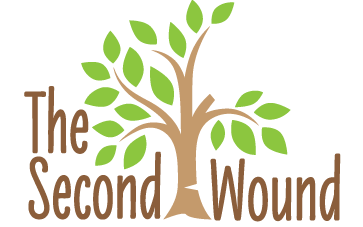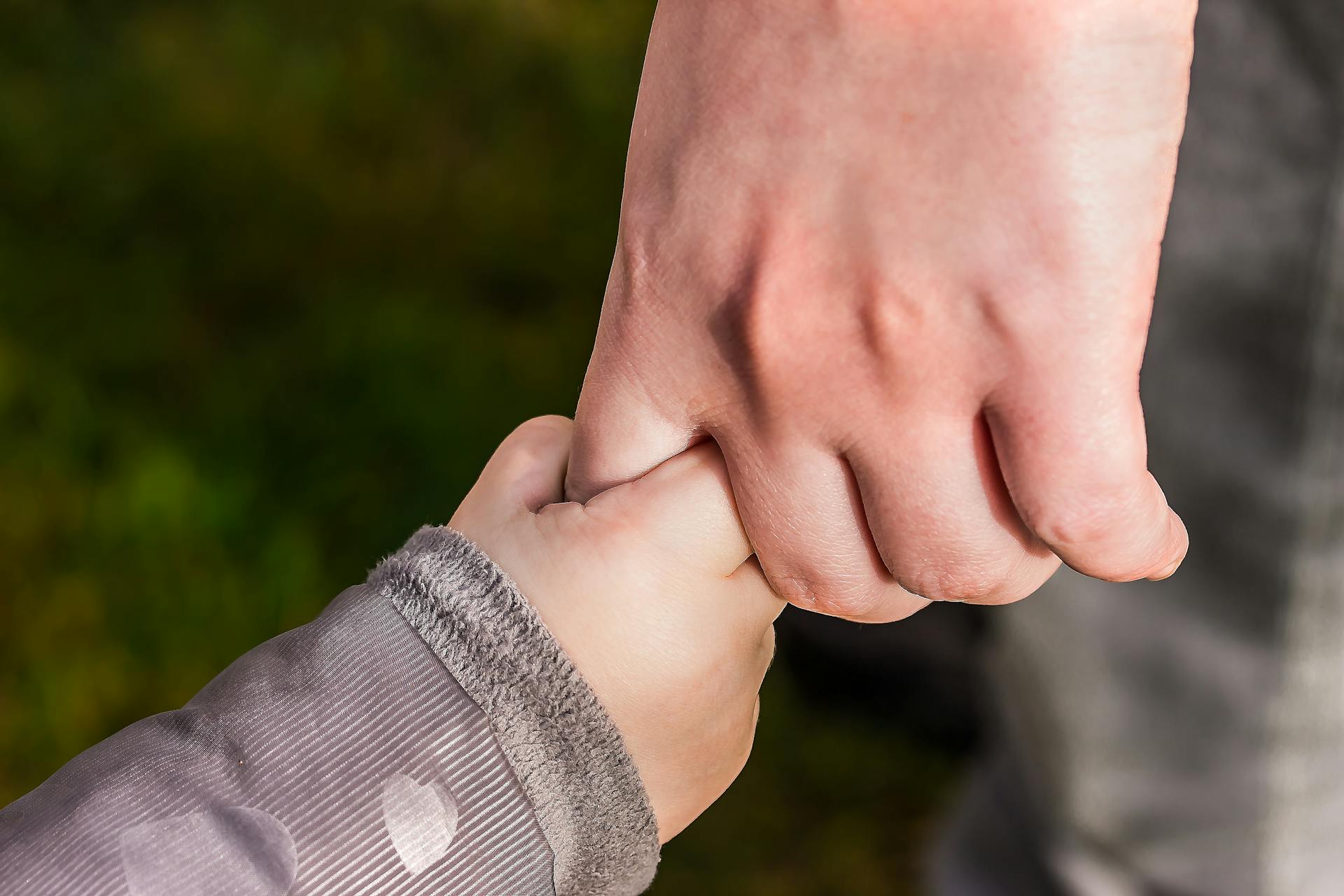There have been many points during my parenting journey when I wished I could fall back on what I’d learned from my own mom and dad, to recall how they’d handled similar situations and use their actions as my guide. But based on the way things went during my childhood, I didn’t have that luxury. In fact, for a lot of parenting moments, I was determined to handle things differently from the way my parents had.
All parents make mistakes. A few years into my quest to be the near-perfect mother, I realized I had to get realistic and accept that there’s just no way to get it all right. Parents are only human. We get overwhelmed, we have shortcomings and blind spots. This is just inevitable.
My parents were no exception. And yet, their mistakes were whoppers. Inappropriate boundaries and the constant threat of my dad’s angry bipolar episodes are a few of the lowlights.
To be fair, there were parts my parents got right too. My mother kept order in our home which included consistent routines and attention to our physical health and wellbeing. We were raised to know and appreciate education, arts, culture, and the value of close friendships. And despite the frequent chaos, we had our share of genuine fun. For these aspects of my upbringing, I am grateful. I’ve done my best to carry these positive family traits into my own family’s life.
Much higher on my list of parental priorities, though, has always been the emotional safety and protection of our children. To that end, unlike my parents, we made a point of giving them the freedom to express their emotions appropriately without fear of repercussions for speaking up.
This concept got put to the test as our kids moved into their tween and teen years. When the complaints started coming, I knew my kids’ new forms of expression were developmentally normal, but they still stung. Some of their criticisms were silly or bratty, but many of their grievances were valid too. We did our best to correct our mistakes while teaching them to express themselves effectively and with respect.
A positive result of my painful childhood was that I learned what not to do. As a mom, I bit my tongue when my first impulse was to defend myself. In the messiest moments, I strained to hear the feelings behind my kids’ emotional outbursts. I listened to them. I still got it wrong sometimes. But because I knew what it was like to be repeatedly shamed for expressing how I felt, I was determined to do the opposite with my own children.
It got tricky when I tried to fall back on my own memories to gauge what was normal adolescent behavior. Hadn’t I, too told my mom I hated her when I was thirteen? The problem was, I had trouble answering this question without a healthy point of reference. My childhood had never been normal so I didn’t have a standard by which to compare my children’s behaviors.
When our oldest daughter left home to go to college and felt safely ensconced in her new support system, she began to express grievances with me and my husband. She had a lot to say about the mistakes she felt we’d made. Naturally, it was hard for us to hear. Her words hurt but at the same time, much of what she said made sense. I vividly recall one particularly painful discussion as the three of us sat among the remnants of our holiday dinner table while our daughter tearfully listed off the ways she felt we’d been unfair to her. My husband and I locked eyes in mutual support, took deep breaths, and told her we were so sorry. We copped to our mistakes. Even if we didn’t remember each event she described exactly the way she did, it was important to understand how she’d experienced them.
I’ll be honest, it was rough. I wondered if our daughter would ever understand how hard we’d tried to support her or how deeply we loved and appreciated her. I hoped she’d feel better about her family as she matured and looked back on her childhood with a wider perspective.
And in fact, that’s exactly what happened. Over time, our daughter’s anger at us softened. She began to express appreciation for the job we did as parents. And her loving stance toward us has only grown stronger as she increasingly builds a life of her own.
This Mother’s Day, she texted me as I lay in bed with my morning coffee. When I read the gift of her loving and heartfelt words, tears of gratitude streamed down my face. She told me she was “lucky and grateful” to have me as a mom. She stressed the value of “support and understanding, love, time and effort” she said I’d always given her. She called me a role model. And an amazing person. She said she hoped to be able to pay me back one day for everything I’ve given her.
I felt every word wrap around my heart like a warm blanket. It was the best gift I could have ever asked for. At that moment, I realized my story had come full circle. Because despite all my stumbles and subsequent painful self-doubt, I’ve been able to give my kids the kind of parenting I always longed for. The kind that every child deserves. And in the process, my own wounds are healing a little faster.

